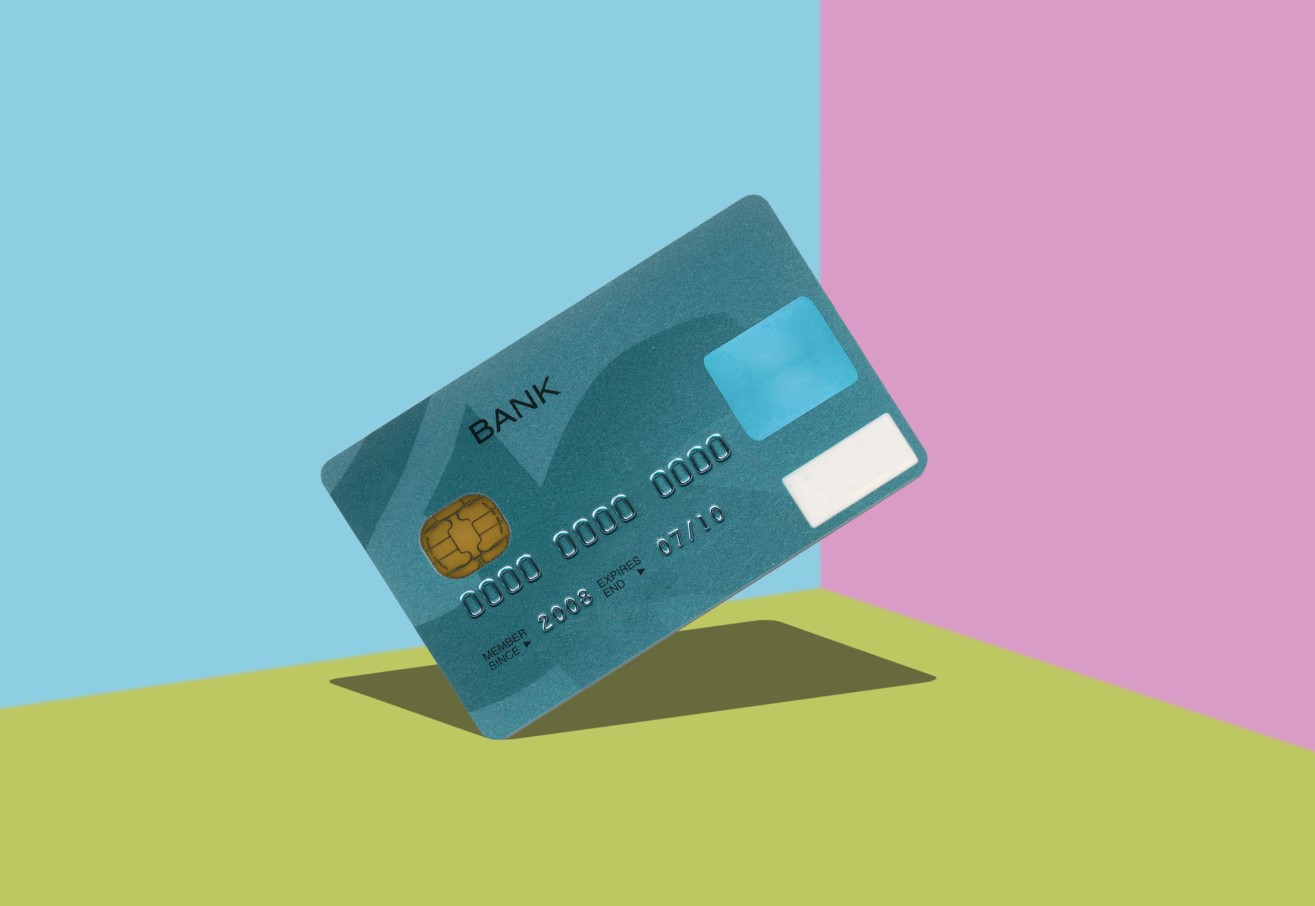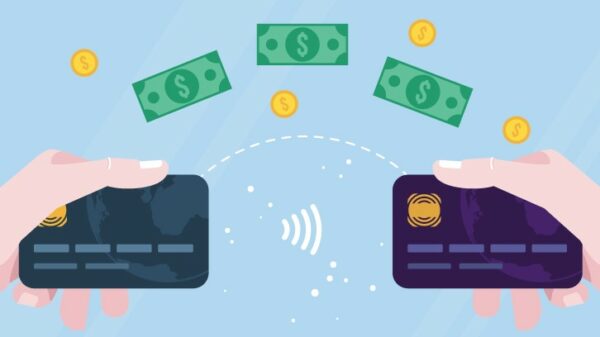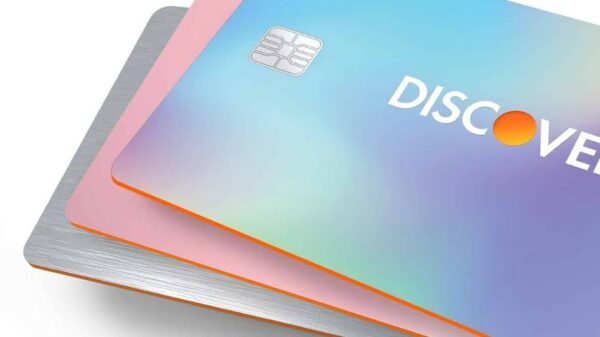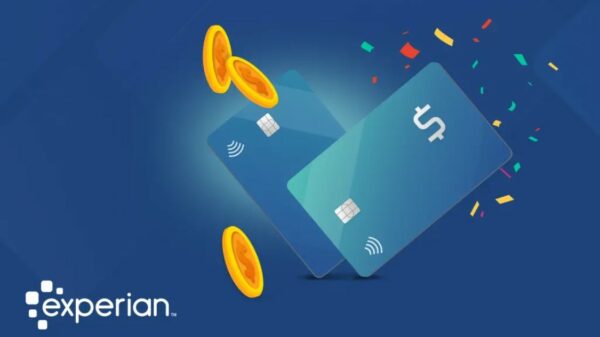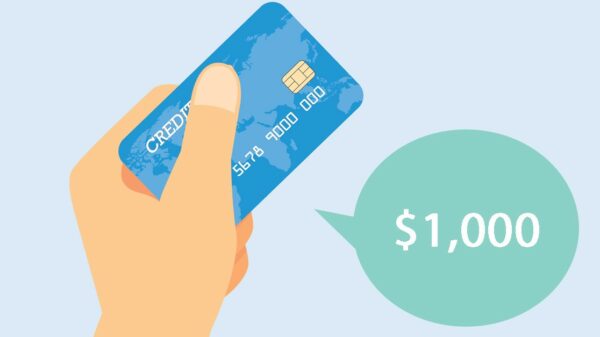Credit cards are not only convenient but they can help you build your credit profile. Here’s how they work.
Credit cards offer convenience when you have to pay bills or make purchases. You can also save money by using them. Credit cards can be used to build credit by establishing healthy financial habits.
Although debit cards may look the same, their functions are very different. There are some important facts about credit cards that you should know if you’re just starting to use credit.
What is a credit card?
A credit card can be used to pay bills, make purchases or withdraw cash depending on the card. A credit card can be viewed as a short-term loan.
Your credit card company will give you a set credit limit when you open a credit account. This is basically the amount your credit card company allows to be used to pay bills or make purchases.
As you charge items to your card, your credit limit is reduced. The credit card company will then reimburse you for the amount that you have spent.
How credit cards work
Credit cards can be used to make online purchases or in-store payments. Your card details are sent directly to the bank when you use your credit card to pay for one. To process the transaction, the bank will need authorization from the credit-card network. The card issuer will verify the information and approve or deny the transaction.
Once the transaction has been approved, payment is made to the merchant, and available credit is reduced by the transaction amount. Your card issuer will send you a statement at the end of each billing cycle. It will show all transactions for the month, your current balance, and any new balance, as well as your minimum payment due and the due date.
The grace time is the time period between the date you purchase your card and the due date on your statement. If you pay your bill on time, there are no interest charges.
Your card issuer may charge interest if you have a balance that is not paid in full each month. The annual percentage rate of your credit card or APR is the annualized cost of maintaining a balance. Your interest rates and any other costs are included in your APR.
The Prime rate is tied to most credit cards’ variable APR. The variable APR of credit cards can change with time. However, the CARD Act of 2009. sets clear guidelines for when credit card companies are allowed to raise your rate.
Late payments of 60 days or more to your credit card could result in a penalty APR that can reach 30%.
Comparison of Debit and Credit Cards
Although they may appear to be the same thing, a debit card and credit card are not the same. You’re not spending your money when you use a credit card to make purchases. Instead, you are spending credit card company money, which you will then have to repay, possibly with interest.
Debit cards are linked to your checking accounts (they’re different from prepaid or prepaid cards). Once a transaction is completed, your debit card automatically debits your bank account. Since the money is already taken from your bank account, there’s no need to repay it later.
Credit cards and debit cards have different credit scores. Because your bank activity is not reported to credit bureaus, using a debit card does not affect your credit score.
However, credit cards can have a direct impact on your credit score. FICO credit scores are calculated based on:
- History of payments
- Credit usage
- Credit age
- Credit mix
- For new credit inquiries
While paying your credit card bills on time will help your score, late payments could cause damage. A low credit card balance can have a positive effect on your score while maxing out your cards can negatively impact your score.
Fraud protections are another key difference between credit and debit cards. Credit cards have greater fraud protections than debit cards, according to federal law. This chart shows your liability for unauthorized transactions using debit or credit cards.
How to Compare Credit Cards
It’s crucial to compare credit cards if you are looking for your first or next credit card. When comparing credit cards, there are some key points to consider:
- Purchases at variable APR
- APR for cash advances and balance transfers
- APR Promotional Terms and Conditions
- Annual fees
- Reward programs
- Terms for the Introductory Bonus Offer
You should also look into the card’s additional benefits and features. If you are interested in opening a travel card to earn points or miles towards flights or hotel stays, you might also consider a card with airport lounge access and airline fee credits. It’s a good idea to evaluate the benefits and costs of a card that has an annual charge to determine if it is worth it.
What are the major differences between debit and credit cards?
When you use a credit card, you are borrowing money to purchase goods. Interest is charged on any balance that isn’t paid back within the billing month. A debit card is linked to a bank account. Once you have completed a transaction with your debit card the money is automatically taken from your bank account.
What does a credit score card do to help you build credit and a strong financial record?
If you use credit cards correctly, they can help build a credit history by encouraging healthy financial habits. You can be regarded as a credit risk if you pay your balances on a monthly basis. This will improve your credit score, which can help you qualify for credit cards or loans with lower interest rates.
How can a person shop for credit cards?
Comparing cards is the best way to find the right card for you. You can compare things such as APR for purchases, balance transfers, cash advances, and APR for balance transfer terms and conditions; annual fees and rewards; and promotional APR terms.
The bottom line
If used responsibly, credit cards can be a great tool for building credit. Good credit can be built and maintained by paying your bills on time, keeping a low balance, and only opening new credit cards when you need them. You can avoid interest charges and build credit by paying your bill each month in full.

